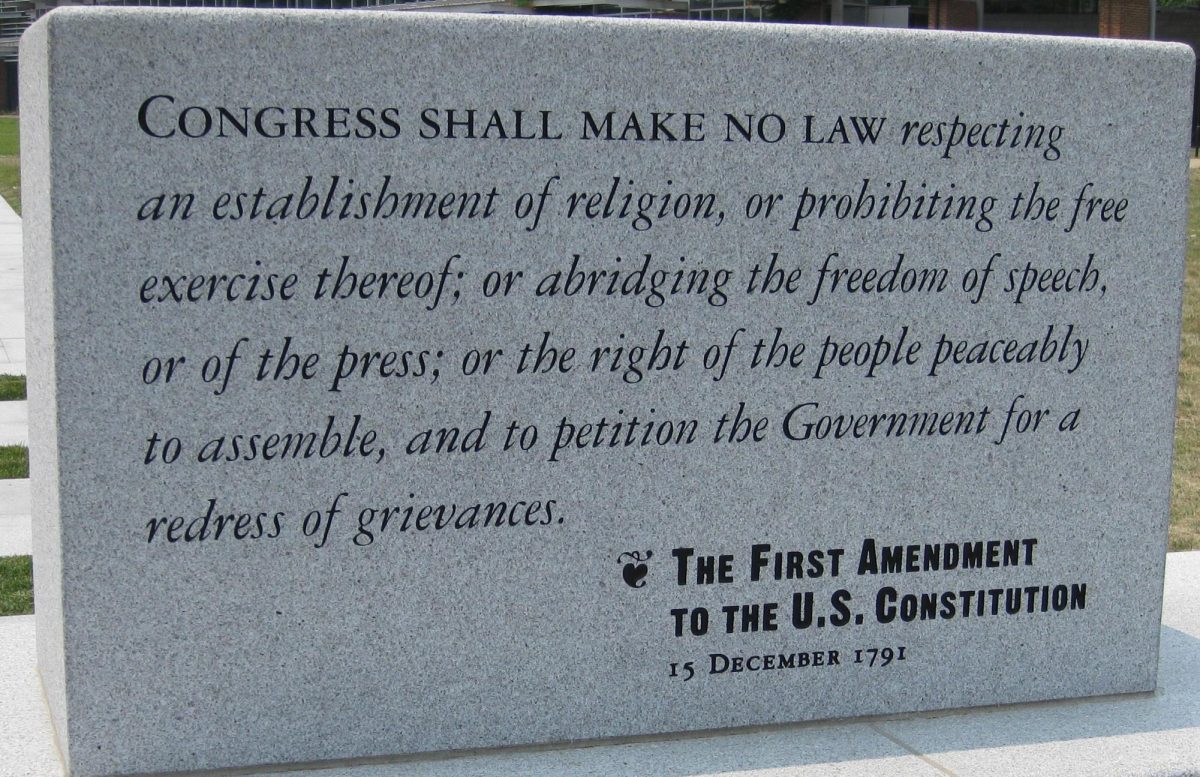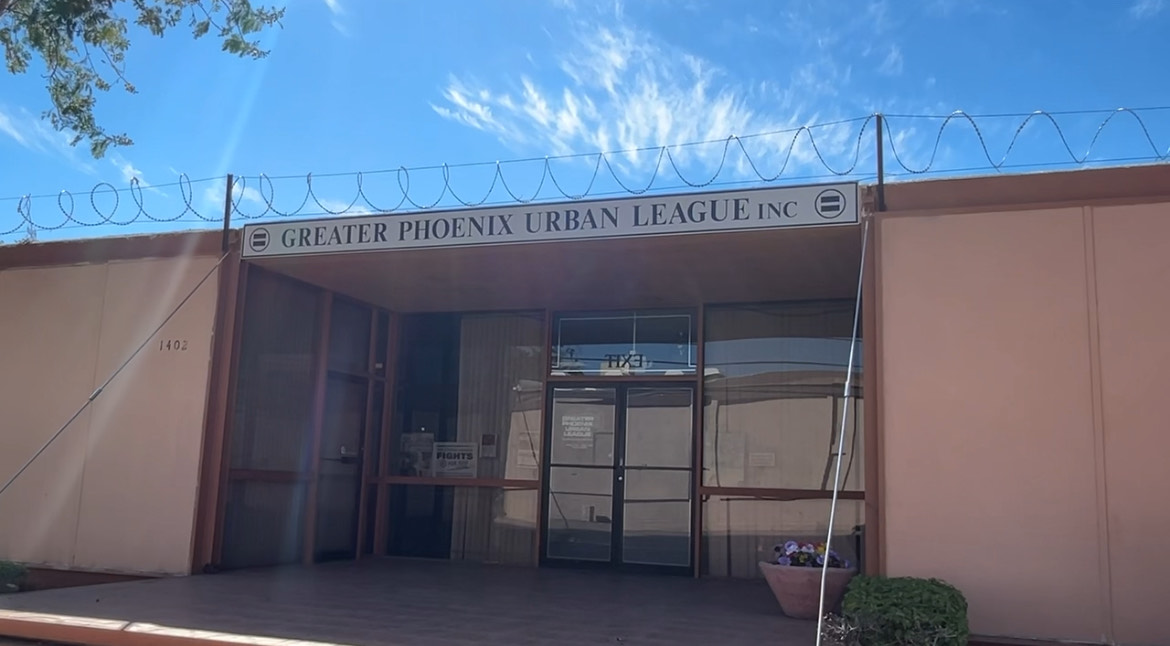As climate change continues to be a priority for many, the 2024 presidential candidates present opposing visions for the US and global environmental concerns.
States like Arizona, where rising temperatures and water scarcity are critical issues that will no doubt be impacted by our top leadership.
Former president Donald Trump continues to downplay the urgency of climate change, focusing on energy independence through continued reliance on fossil fuels. During his presidency, Trump withdrew the U.S. from the Paris Agreement, arguing that it disadvantaged American industries.
The Trump administration rolled back more environmental protection regulations than any other president preceding him with more than 100 environmental regulations, including those that protected air and water quality and has been labeled “the worst president for our environment in history.”
If re-elected, Trump is expected to prioritize expanding oil, gas, and coal production, asserting that deregulation will boost the economy and ensure energy security.
His business stance is clear: climate change has zero priority compared to economic growth.
This approach raises concern for Arizonans where extreme heat and drought are already over stressing resources. Arizona’s reliance on the Colorado River, which is at historic lows, could worsen without federal action to mitigate climate impacts.
Trump has also been vocal about redirecting funds allocated to climate initiatives.
“All of the trillions of dollars that are sitting there not yet spent, we will redirect that money for important projects like roads, bridges, dams, and we will not allow it to be spent on meaningless Green New Scam ideas,” Trump said.
Kamala Harris, the Democratic presidential has not laid out her full environmental plan yet, but her record on environmental justice is clear and in stark contrast to Trump’s.
Under the Biden and Harris team— environmental justice was a top priority “distributing billions of dollars to marginalized areas struggling with pollution as well as embracing new programs within the federal government to protect those places, often dominated by people of color and low-income families.”
Previously, Harris co-sponsored the Green New Deal in the Senate and introduced the Climate Equity Act, focusing on environmental justice to ensure that marginalized communities benefit from climate action.
With Harris on the ticket and even leading Trump in certain vital swing states, environmental advocates look to Harris to essentially double down on environmental protections during a second term and against efforts currently under threat from the return of former President Donald Trump.
Arizona has set ambitious goals to reduce greenhouse gas emissions, increase renewable energy use, and address water scarcity issues. Harris’s administration supports these efforts, accelerating Arizona’s transition to a sustainable economy.
Last week, climate activists rallied behind Harris and applauded her pledge to continue Biden’s environmental legacy.
On climate change, campaign spokesperson Lauren Hitt reportedly said that Harris would build on the Biden administration’s record. That includes the Inflation Reduction Act, the landmark climate law Biden signed in 2022 that provides hundreds of billions of dollars in funding and tax incentives to help companies and communities transition to renewable energy and other technologies that can cut fossil fuel pollution.
Jill Stein of the Green Party promises an aggressive climate agenda, proposing a “Real Green New Deal” to transition the US to 100% renewable energy by 2030.
But with zero chance of winning, many environmentalists see Stein’s principles and goals as noble but, lofty, even unrealistic in the current political state of the country and worse, some perhaps unrealistic and worse, many environmental advocates see her candidacy as a threat to the vital protections and essentially see a vote for Stein as a vote for Trump’s environmental roll-backs.
Washington Post columnist went even further in a recent article stating, “A vote for Jill Stein, is a vote for Donald Trump.”
With Arizona’s unique climate challenges, including extreme heat, water scarcity, and increased wildfire risk the state requires strong federal support, particularly in areas such as infrastructure development, renewable energy investment, and climate resilience planning.
Trump’s policies could hinder progress by promoting fossil fuel reliance and reducing environmental protections.








